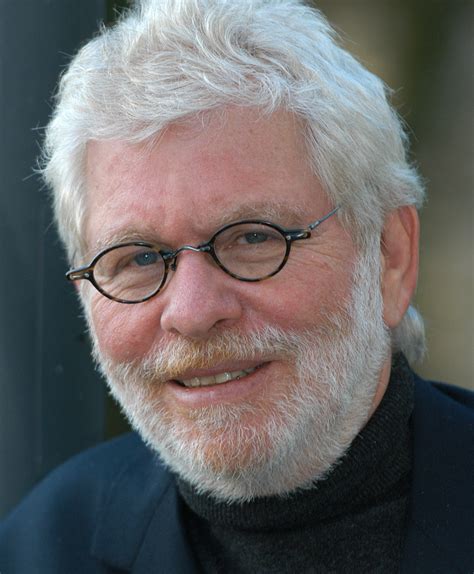A Quote by Pete Sessions
[The Democrats'] vision for the future: socialized medicine and Washington-run health care.
Quote Topics
Related Quotes
If you want to look at a purely socialized health care, you would have to go to the United States, where we have it. In particular, that's the system we reserve for our veterans. So if I hear politicians run down socialized medicine - and I have done that before the Congress - I say: Do you hate your veterans? Why do you reserve purely socialized medicine - there's only the U.S. and Cuba that have that - for the veterans? So getting the terms right would be very, very helpful in our national conversation on health reform.
One such troubling provision is a tax increase to pay for the $635 billion included in the budget for health care 'reserve funds.' Health care reform is desperately needed in America, but I'm concerned that $635 billion will be a down payment on socialized medicine, causing the impersonal rationing of health care and destroying the doctor-patient relationship.
This is what I would call old politics. This is the stuff we're trying to get rid of. Because the problem is, when we start breaking down into conservative and liberal, and we've got a bunch of set predispositions, whether it's on gun control, or its' on health care, any attempt to do health care is socialized medicine.
Well, here's what I think. I mean, the people are saying, 'We don't want it,' and the Democrats are saying, 'We don't care. We're going to pass it anyway.' And so for the next three months, Washington will be consumed with the Democrats trying to jam this through in a very messy procedure an unpopular health care bill.
I think that what is always true when you run against an incumbent president is, is that you end up talking more about that president's record than your vision for the future, and I think that the Democrats do have to present a proactive agenda and vision for the country and not simply run against something if they're going to be successful.
We are working towards a shared vision of the future for health among all the world's people. A vision future in which we develop new ways of working together at global and national level. A vision which has poor people and poor communities at its centre. And a vision which focuses action on the causes and consequences of the health conditions that create and perpetuate poverty.
We could have saved Wall Street without putting our future in jeopardy. I predicted that there would be all-around consequences - in the long run as well as in the short run. People are now saying we can't afford health care reform because we spent all the money on the banks. So, in effect, we're saying that it's better that we give rich bankers a couple of trillion than giving ordinary Americans access to health care.
































